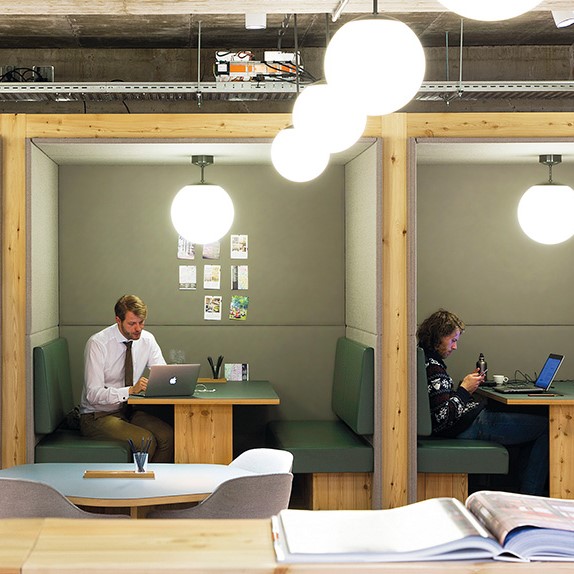May 15, 2025
Little evidence that hybrid working has encouraged high skilled people to relocate to cheaper regions
 A new report and series of policy briefings by a team of UK researchers suggest that the shift towards remote and hybrid working has not significantly changed where people live, nor has it helped to distribute talent more evenly across the country. Led by Professor Jackie Wahba OBE from the University of Southampton and Dr David McCollum from the University of St Andrews, the research was conducted by the ESRC Centre for Population Change and Connecting Generations, in collaboration with academics from the University of Birmingham, De Montfort University, and the University of the Arts London. The findings show that most remote workers continue to follow hybrid working patterns, splitting their time between home and the office while staying within commuting distance of major employment centres. This trend limits the potential to reduce regional inequalities or drive economic growth outside of London and the South East.
A new report and series of policy briefings by a team of UK researchers suggest that the shift towards remote and hybrid working has not significantly changed where people live, nor has it helped to distribute talent more evenly across the country. Led by Professor Jackie Wahba OBE from the University of Southampton and Dr David McCollum from the University of St Andrews, the research was conducted by the ESRC Centre for Population Change and Connecting Generations, in collaboration with academics from the University of Birmingham, De Montfort University, and the University of the Arts London. The findings show that most remote workers continue to follow hybrid working patterns, splitting their time between home and the office while staying within commuting distance of major employment centres. This trend limits the potential to reduce regional inequalities or drive economic growth outside of London and the South East.




































May 5, 2025
Office design and the office market are not what you might be led to believe
by Mark Eltringham • Comment, Workplace design